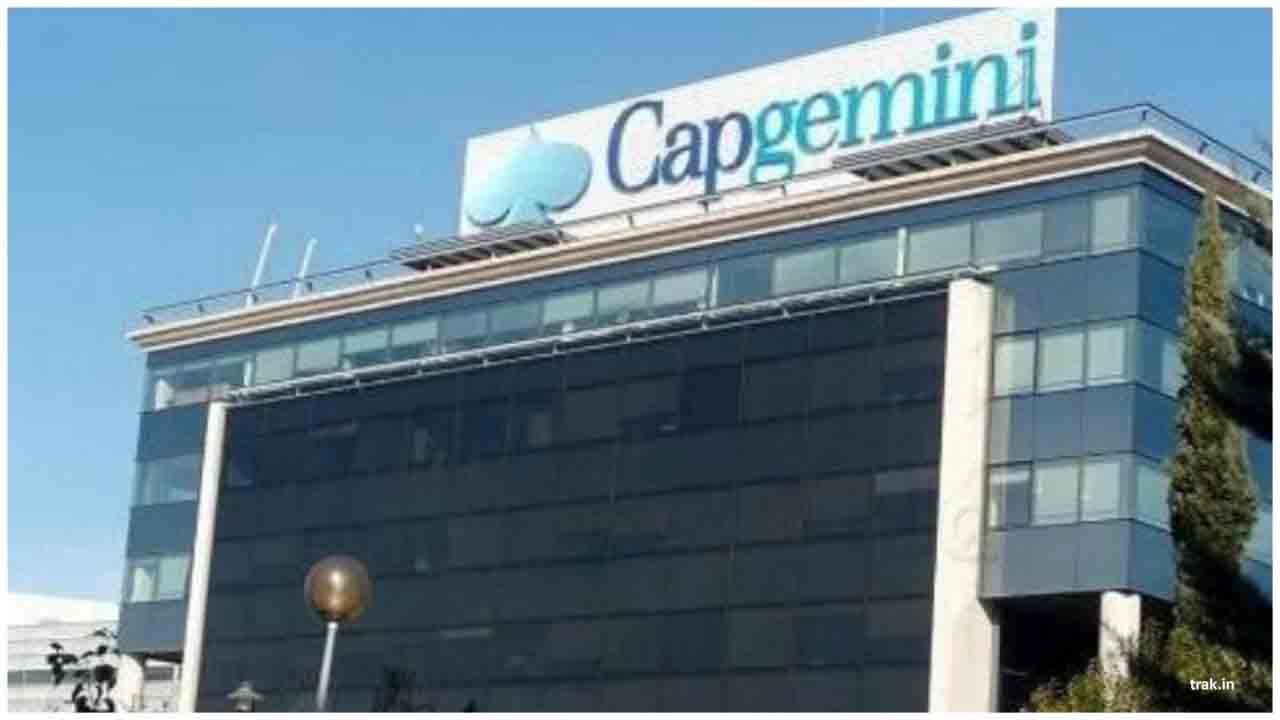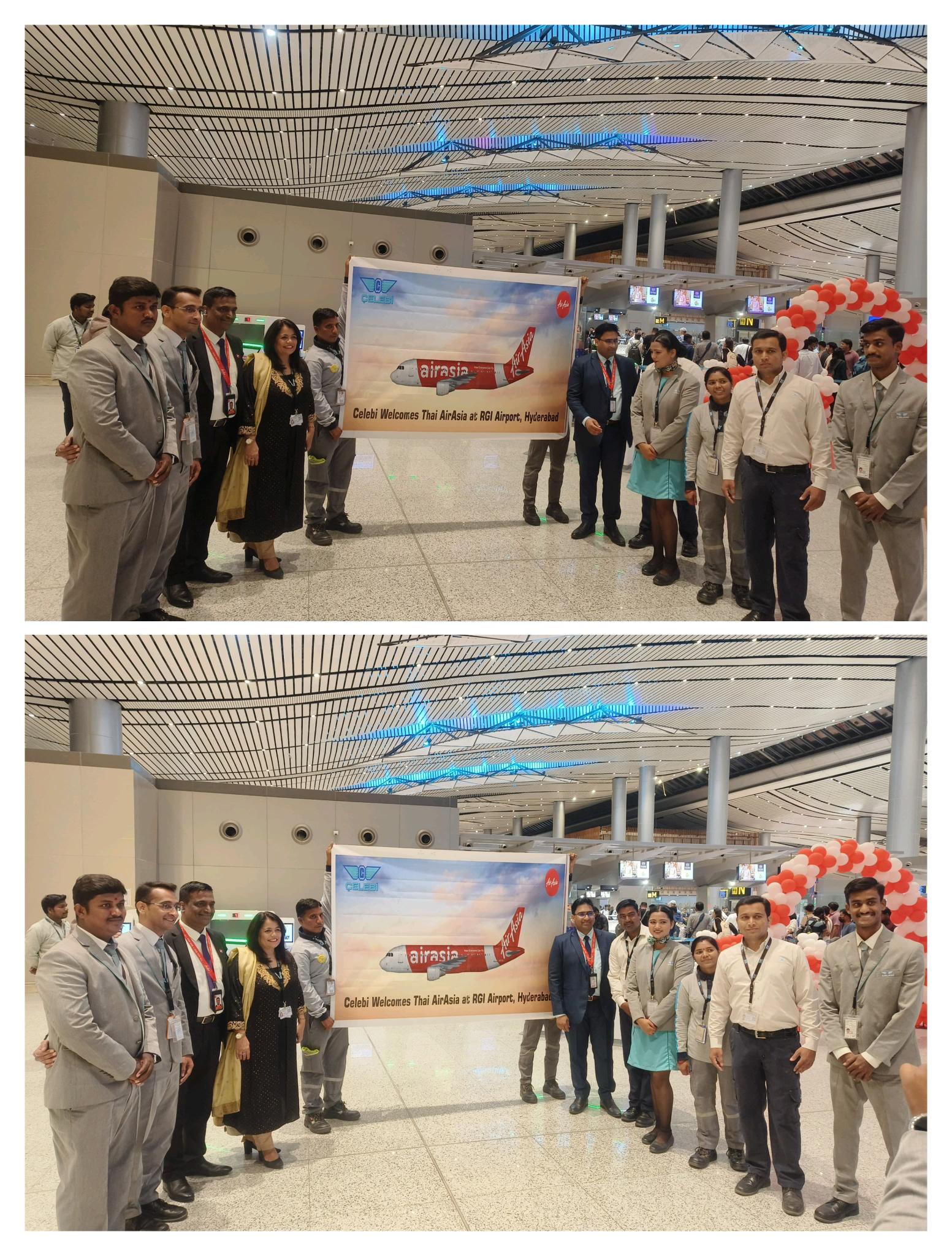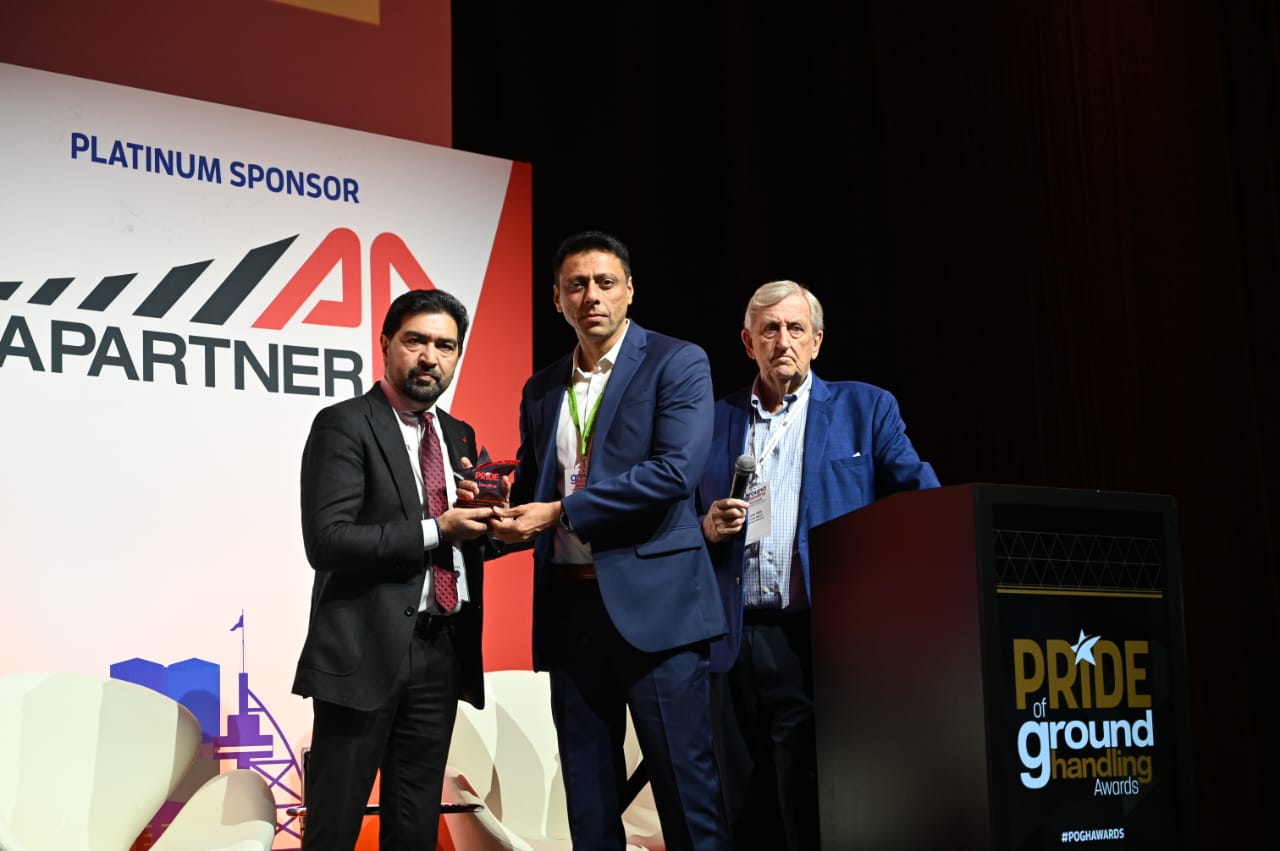Capgemini announced today the winners of its Tech4Positive Futures Challenge. Launched in January 2020, the initiative invited its best and brightest minds to help address some of society’s biggest issues through innovative, technology-led, ecosystem-enabled solutions. As part of the companywide initiative, Capgemini committed to provide the resources required to bring the winning ideas to life and deliver social impact at scale. Hundreds of employees across fifteen countries took part in the global challenge and presented compelling solutions to a range of societal problems including food insecurity and hunger in schools, digital exclusion, maternal mortality rates, and carbon footprint from emails to name a few.
After months of preparation, including hands-on mentoring from senior business and technology leaders, 13 finalist teams presented their solutions to a judging panel. The following three winners were selected:
‘MAATR’ to reduce maternal mortality rate: India lost 35,000 mothers to pregnancy and child-birth-related complications in 2017, according to UNICEF. Almost 90% of these deaths are avoidable with the right information and guidance1. Team MAATR, based in India, proposed a digital mechanism based on Artificial Intelligence (AI) and Machine Learning, for real-time data sharing to help rural health workers intervene in time and save lives.
‘SpeechFirst’ to aid stroke survivors: Across the world, 15 million people suffer from a stroke every year, of whom at least 4 million require long-term speech and language therapy2. Team SpeechFirst, in the UK, devised an accessible and economical alternative for such stroke survivors to continue their speech and language therapy at home. The solution proposes the use of AI to detect incorrect facial movements and pronunciation to provide real-time tips and recommendations to patients.
Technology to ensure ‘Zero Hunger in Schools’: There are 66 million primary school-age children in developing countries who go to class hungry every year. Team Zero Hunger in Schools, based in Australia, created a tech solution to address this problem: Yum-yum, an app and web-based platform driven by secure, cloud-based technology, leveraging machine learning algorithms and predictive analytics, can help optimize food supply and distribution to children, and connect parents, teachers, welfare organizations, and governments to achieve zero hunger in schools.
Comments Aiman Ezzat, CEO of the Capgemini Group: “Capgemini is committed to applying its collective technology and innovation expertise for sustainable and social development. We have seen this in action more than ever in 2020, from the outputs of our Social Response Unit to help communities during the COVID-19 crisis, through to the inspiring solutions that were created during our Tech4Positive Futures Challenge. I am really looking forward to seeing each of the winning teams’ solutions come to life to deliver real societal impact at scale.”
“Our companywide Architects of Positive Futures program enables us to channel our core capabilities in technology, data, and innovation to address some of the big problems in our world and to meaningfully benefit society,” said Shobha Meera, Group CSR Officer and member of the Group Executive Committee. “The passion and energy that our teams brought to the Tech4Positive Futures Challenge and the problems they have set out to solve are nothing short of awe-inspiring. We look forward to sharing the progress we make over the coming months.”

 The initiative invited its best and brightest minds to help address some of society’s biggest issues through innovative, technology-led, ecosystem-enabled solutions.
The initiative invited its best and brightest minds to help address some of society’s biggest issues through innovative, technology-led, ecosystem-enabled solutions.











.jpg)







.jpeg)


.jpeg)



.jpeg)
.jpeg)






.jpeg)





